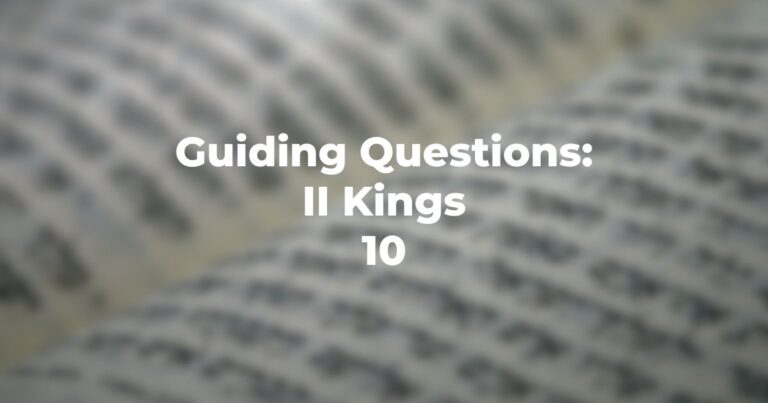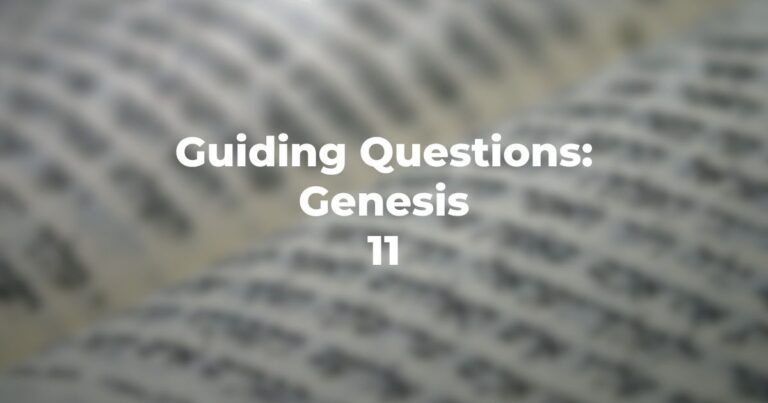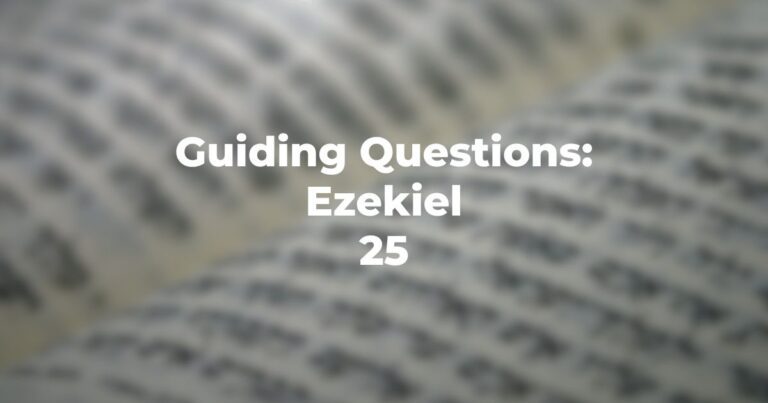- The introductory phrase is unusual: The JPS does not translate. A possible translation would be “the Dove of the Distant Gods” — might this be the title of a song to which the music of this Psalm was set? Could the reference to “Dove” be a reference to Divinity who, in Jeremiah 25:38 and Jeremiah 46:16, is called yonah-dove?
- The word “miktam” is not translated in JPS. Might it come from the term inscription — as noted in Jeremiah 2:22 where the word “miktam” appears with the meaning of “inscription”?
- To what specific incident in David’s biography does the seizure by the Philistines refer (Samuel 1:27)?
- But, is there any reference in Psalms 56:2-4 (or further on for that matter) to the Philistines or to the specific events in Samuel?
- In the JPS translation, Psalms 56:9 is noted as “meaning of Hebrew uncertain”; could it mean (as set forth in Dahood, volume II, Psalms page 40) “write down my lament Yourself, this my tears on Your parchment, my hardships on Your scroll.” — and would this be in consonance with the overall text?
- Would Psalms 56:13 indicate that, indeed, the Psalmist has been “saved”?
- And, if saved (Psalms 56:14), to what end and for what purpose?
Author
-

Exploring Judaism is the digital home for Conservative/Masorti Judaism, embracing the beauty and complexity of Judaism, and our personal search for meaning, learning, and connecting. Our goal is to create content based on three core framing: Meaning-Making (Why?), Practical Living (How?), and Explainers (What?).
View all posts





